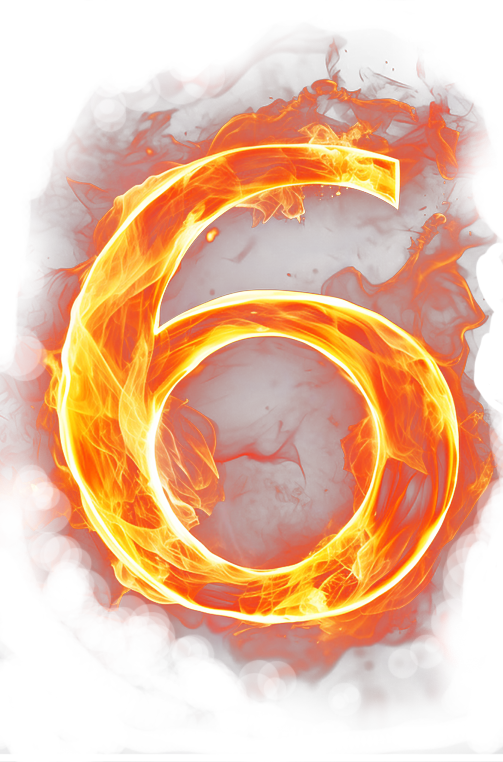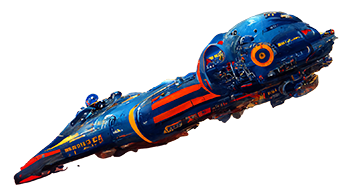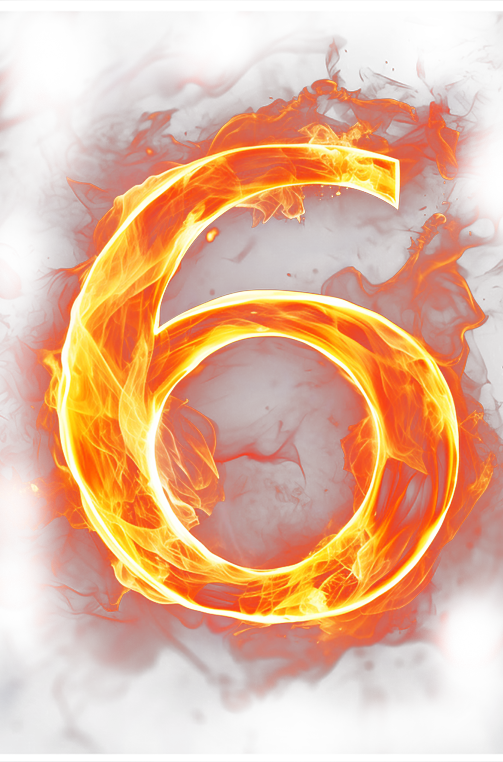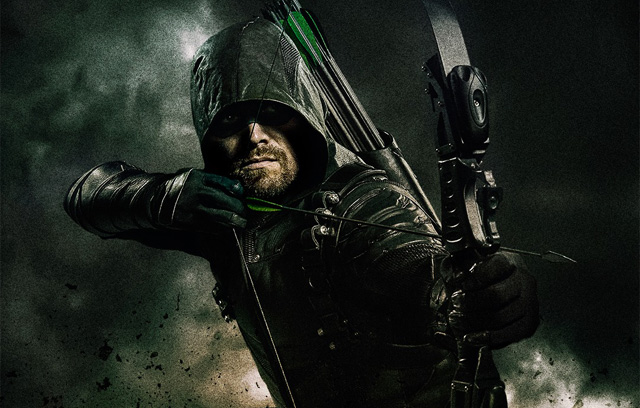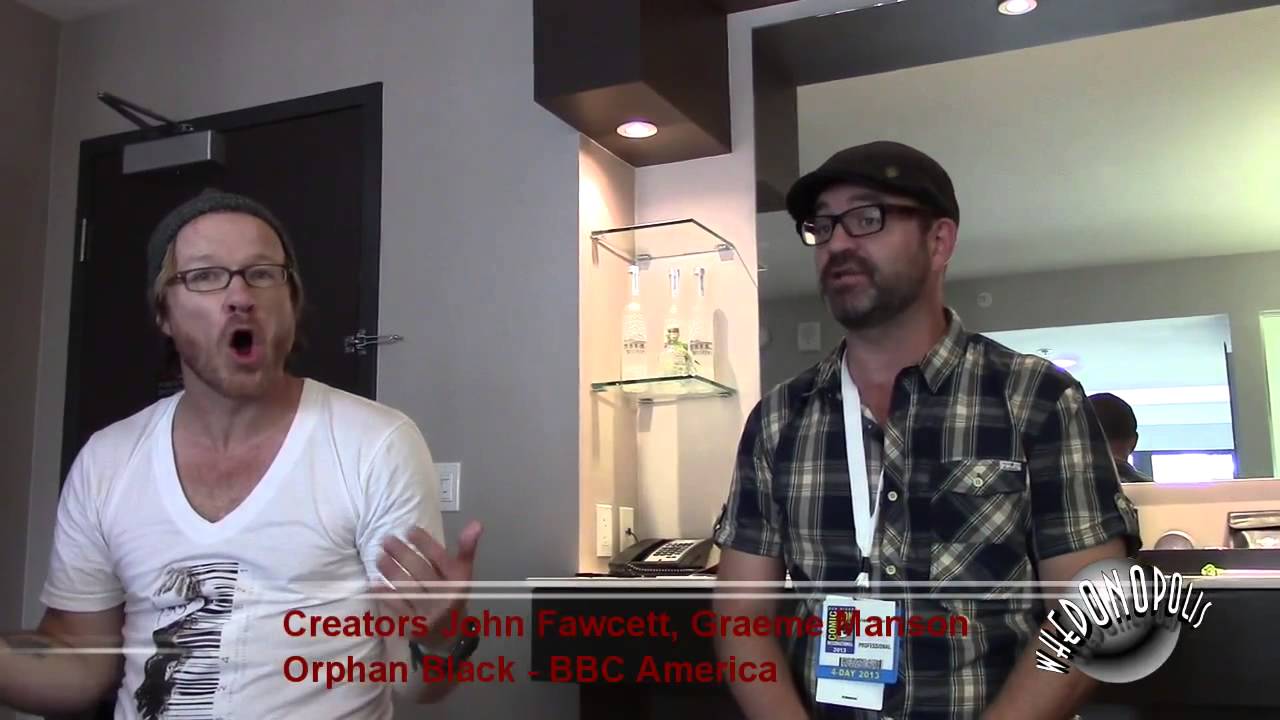Q: Did you consider any of the scientific research that is being on memory erasure when you were conceiving and writing Dollhouse?
JW: Yeah, not as much, probably, as I should have, but I actually did a lot of research on it for a film I wrote years ago, called AFTERLIFE, where I had to study a lot of memory replacement and the brain and stuff. And then we did it in a slightly haphazard fashion; if we wanted to back something up and make it sound good, then one of our writers, Andrew Chambliss – he’s enormously gifted with that stuff – so, a lot of it fell to him. It’s like, “I wonder if this is possible? Hmm, Andrew, will do you a lot of work for somebody else’s script.”
Q: This may sound silly so soon, relatively speaking, after FIREFLY – has producing for television changed already in the short time since ANGEL ended, FIREFLY ended?
JW: Producing television has changed a lot more than I expected. It’s been five years since I left, rode off into the sunset, and this – my old fat guy reunion tour – is really just selling out. But don’t print that, OK. [journalist’s side note: you did not read that here]. You know, it’s changed just because of the scramble that all the networks are forced to go through to keep advertisers in the age of Tivo, to figure out how to use the internet, the webisodes – they want everything behind the scenes documented. When I started Buffy, they weren’t putting TV shows out on DVD. When I started Firefly, they weren’t putting failed shows out on DVD. Now, you pretty much pick your nose and there’s a DVD – and by the way, it’s fabulous, it’s three episodes and I really get in there.
So, it’s a little overwhelming because they want a director’s cut and then cut to their’s [cut] and, you know, we’re going to have a “B” camera the whole time and a new webisode and each show now… has to be longer. As a team we’re sitting there going, you know, just turning out a television is more than we can handle. So, it’s a little overwhelming. And they keep saying, “This will drive business to the show,” and I’m like, “What is the show is crappy when they get there?” So, for me, I get a little shirty about it. I’m like, let’s concentrate on what’s important. But at the same time, we did do all that stuff – all the “B” roll, all the gags. We don’t have the longer cuts, because we ended up making a longer stuff because our show is going to be 10 minutes longer than most television shows. That part has changed, you know, for product integration you have a big meeting with everybody and then you’re talking about dolls before you’re talking about Dollhouse, so it’s a little bit of a whirlwind, in that sense. Apart from that — same old problems.
Q: So, it’s a show about beautiful women that fulfill fantasies of rich people. Did you get a show about prostitution on a major network?
JW: Well, first of all, it’s not just women, it’s women and men. And secondly, yes. (laughter) No, there was some – in the higher ranks – there was some consternation after the show was being made… [funny voice time] “Say, that’s like prostitution…” And my response was, “Yes, that’s part of the package.” That is part of what is going on in the Dollhouse. And it’s not all of what is going on with the Dollhouse, but it is part of it and some people have been greatly offended by that, some people want to stay away from it. My response to it is to hit it head on and say let’s talk about exactly that. Let’s say, okay well how much of this is morally reprehensible and how much of it is just stuff that we, as an American culture, deem morally reprehensible. It’s about what parts of our identity and the way we behave with each other are actually positive and decent. What parts actually come from ourselves and what parts have been socialized? What parts have we been told are good or bad? And that’s a theme — you’ll find it in SERENITY, you’ll find it in a lot of my work – what truly is a “sin”? And I would like to subvert that. I would like to take a hero and find out what’s dark and strange and Canadian about ‘em. [laughter]
To take my villain – you know, people will refer to [actress] Olivia Williams as a villain because she runs the Dollhouse – but she’s, in her own way, a very moral person, she has a “code”. But yes, what we’re dealing with, some people have come at me with “well, this is not OK on any level because the reality of prostitution is beyond appalling.” But to be able to talk about it in a science fiction show as just sort of something that is part of the human condition, sexuality – this is something that came from Eliza, who said, “I want to deal with sexuality on the show. I want that to be a part of what we talk about.” So, yeah, it’s in there and it will be interesting to see if it polarizes people.
Q: Just a quick CABIN IN THE WOODS question, earlier this week you said, “after seeing this, people won’t need to see anymore horror films” – if not, why?
JW: No, you know, I was kidding. Hopefully, they’ll still want to see horror films or it’d be very sad, because I love them. It’s just Drew and I have a lifelong love of classic horror movies. This is sort of our [culmination] of that. It’s a representation of our comments on horror movies as well as our attempt to make a straight up, balls out, really terrifying horror
movie. Obviously, there will still make horror movies after this. I believe I was being facetious – I’ll believe you’ll find… I often am.
Q: I know for Buffy that you had a conception that you were going to make one of your characters gay – early on you didn’t know if it was going to be Willow or Xander – but, speaking of sexuality, do you have any plans to make any of the characters gay in the show?
JW: We’ve talked about it. Obviously, the show is about people’s personalities being removed “whole”. In Buffy, I was restricted by the idea that you couldn’t just make somebody gay with magic. We went down that road and said that this is something that we wouldn’t do, because it would send a message that that’s a part of you that could be removed or that it’s some kind of punishment – we didn’t go there, very deliberately. This show, people are being… their personalities are being removed entirely, so it’s a different kind of premise and we’re coming at it a different way. If somebody’s hiring an active, what they’re basically doing is hiring somebody for an experience that absolutely nobody in the world will ever know about – including the person they went through it with. It’s not something we got to touch on in the first 13, because it was in a script that got junked and, you know, we just spent so long just trying to shore up the show to [make it cover] all the aspects we wanted it to. But, if you think that at least a third of the people who hire actives are not bi-curious, I think you’d be a little naïve.
Q: I want to know, after seeing the second episode – I won’t spoil it or anything –
JW: Everybody dies. (nervous laughter – this is Joss, you know – or rather, you never know)
Q: But I wanted to know, since Echo seems to have – really, the only constant relationship she has is with [actor] Harry [Lennix], the handler [character Boyd Langton] – is there going to be any chance for her to form any other meaningful relationships as a “doll”?
JW: Umm, yes. Yes, she begins to form attachments to the other dolls and she begins to really become aware of everybody in the Dollhouse, in a way that either makes them excited or very uncomfortable.
Q: In all your shows, you’ve always had a healthy dose of comedy and humor in them. I was wondering since this show looks darker than a lot of your other stuff, how much comedy and humor can we expect from it?
JW: There is actually a great deal of humor in the show, though not up front, because we wanted the premise to be more realistic and more, sort of, “now”. So we didn’t have license to be as silly up front. We wanted people to buy this people. Having said that, we devolve into idiocy really quickly, ‘cause it’s what we do best. And having fun with these characters, I mean, they’re all articulate people, so they’re going to be very funny because that’s how they respond to the situations. But then we do have a couple of situations… one, you’re [Tahmoh’s] run-in with… there’s a run-in with Paul and Echo – which is something that’s great ‘cause we can do it anytime we want ‘cause every time is the first time for her, she’s always somebody new. But you’re [Tahmoh] run-in with her in episode six with Patton Oswalt [journalist note: not sure of the name, but it may be this performer]. Some of my favorite stuff….
Q: I spoke to Neil Patrick Harris at the Video Game Awards and he said he would love to do a cameo on DOLLHOUSE. Would you be interested in doing that sometime?
JW: I don’t know if he’s got talent of any kind. (huge laughter) Was he ever… did he do radio? Uhh, I love it. Any chance to work with Neil would be… I would grab at instantly. He apparently is on another series. Yeah, but I’m going to make sure that he knows that I know he said that, ‘cause he’s as good as they get.
Q: With your history and your success rate, I wonder, is it possible – and also the fact that you’ve got quite a few imitators now, there’s people actually trying to, I think, imitate things like “Once More With Feeling” in feature films. You’ve seen or heard of REPO: THE GENETIC OPERA…
JW: I’ve actually seen that, yes. It’s got Tony [Head] in it, of course I’ve seen it!
Q: Do you find it’s easier now, having had that long line of success and having the word “Whedonesque” out there in the world, to get these far out ideas across to television companies and have them pass muster?
JW: I think anybody who knows the history of this show knows that it is, in fact, not easier. Umm, it’s easier to get the big networks to accept “genre” shows as viable. And that’s a huge plus, that they don’t go [in funny network exec voice] “Sci-fi?! Get the purple gel! Get the monster suit!” They get that “that term” can mean a number of different things and so they deal with it like a responsible show. It’s not… it’s not “ghetto-ized” the same as it was. But, you know, it’s still a struggle. It’s always a struggle. It’s not like you get a free pass beca
use you did something right once.
Q: What was the struggle with DOLLHOUSE?
JW: The struggle with DOLLHOUSE was, you know, to find what part of the premise they were really interested in and how they wanted it to roll out. Originally, it rolled out in a very mythological way and their mandate was, “No, we really want to see an engagement” – to see that happen in the first several episodes so that people coming to the show know the basic structure. Which is fair, but caused a lot of running around (“What are we doing?!” – said in Joss “running around” funny voice). And we’re [confident] we figured it out.
Q: You mentioned that you would like to work with Neil Patrick Harris again, are there plans for Dr. Horrible 2?
JW: There are dreams, there are schemes, there’s an idea, but I can’t call anything a plan just yet. But, uhh, if we are able to get Dr. Horrible back on screen, I do know what will happen next.
Q: With a show where you can have characters programmed pretty much to do anything, is there any idea that you guys have rejected so far?
JW: You know, there have only been ideas that we’ve pushed back. And this is the same thing that happened with FIREFLY – we had an idea that intrigued us very much, but knew that you had to be in love with the characters, you had to be on board already for that idea to maybe intrigue an audience as much. So we said, OK let’s take this and hold back. Or, you know, the balance between stand alone episodes and episodes that are more about how the Dollhouse works, you know, if the balance is off. So, there were a couple of ideas we liked that we think would come later, but nothing that we just said, “Well that’s just too strange.” That’s not a conversation we’ve ever had.
Q: Will you be having any long story arcs or just mostly stand alone episodes on the series?
JW: It will absolutely be a combination of both. The mandate… is that every episode must have a beginning, middle and end – a conclusion, some sense of there was a reason you were here this week that’s different from the reason you were here last week. Having said that, the very heart of the beast is the relationships: Paul’s quest to get into the Dollhouse; Echo’s quest to possibly get out of the Dollhouse or at least find out what she’s doing there, who she is; and the progression of those relationships and the progression of what can be done with this very exciting, very dangerous technology.
Q: Joss, you’ve done film, you’ve done television, you’ve done online, what do you like and not like about each of those forums?
JW: Online, obviously, I don’t have quite the same money – but I kinda love that. It has the advantage of being home brewed but that means it doesn’t reach quite as wide an audience… yet. Television, I have the opportunity to explore characters for, hopefully, years – but certainly much longer than a movie – and really sort of get underneath them and see what makes them tick and then decide something else makes them tick. And that’s really exciting. And movies… movies are just big. I mean, the thing about movies is that you have to squeeze out a lot of that… that introspection, that subtlety. But if you get it right, there’s just this sort of really concentrated dose of the kind of story you want to tell as opposed to spinning it out over years and that can be just as exciting.
They all have their frustrations, God knows, but it’s just storytelling. There’s nothing else I like.
JW Publicist: OK, that’s all –
JW: Oh! And also (turning to Tahmoh) Will you shut up!! (laughter)
And with that, our time with Joss and Tahmoh was over – well, at least until the panel which was coming up next. Although Tahmoh didn’t get to say much at the round table, he was more talkative in the panel – more on that to come!
This is your IndustryGeekGal report from New York Comic Con 2009.
